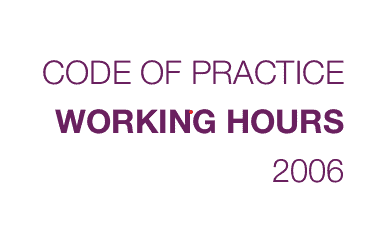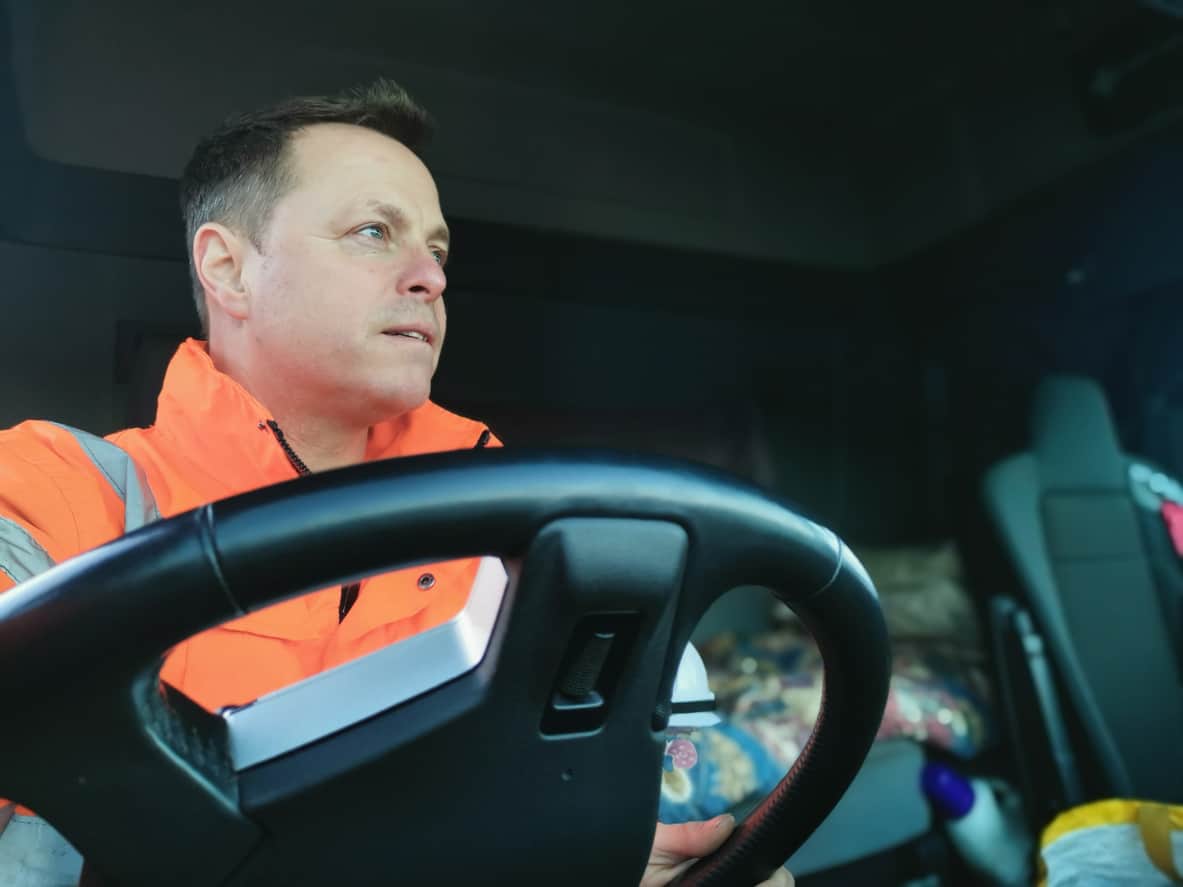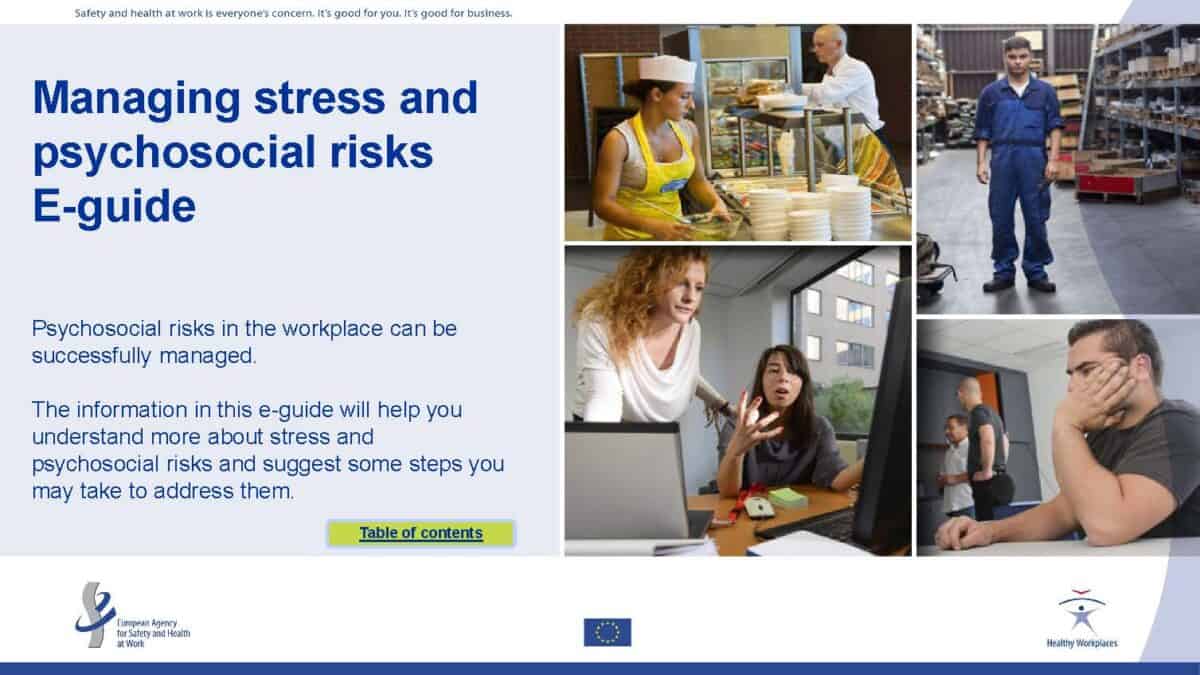Many workers have a working week that includes more hours than they were contracted for. This is often described as “unpaid overtime”, which is a misnomer as “overtime” traditionally involves being paid a higher rate of income to compensate for making one available beyond or “over” regular business hours. Unpaid overtime can also be considered employer- and employee-endorsed exploitation and lead to industrial disputes, as junior doctors recently showed in Victoria.
Since 2006, the West Australian government has had a Code of Practice for Working Hours, with supporting documents such as risk management guidelines. This level of prescription could be applicable in supporting and clarifying newly-emphasised occupational health and safety (OHS) duties for psychosocially healthy work.







